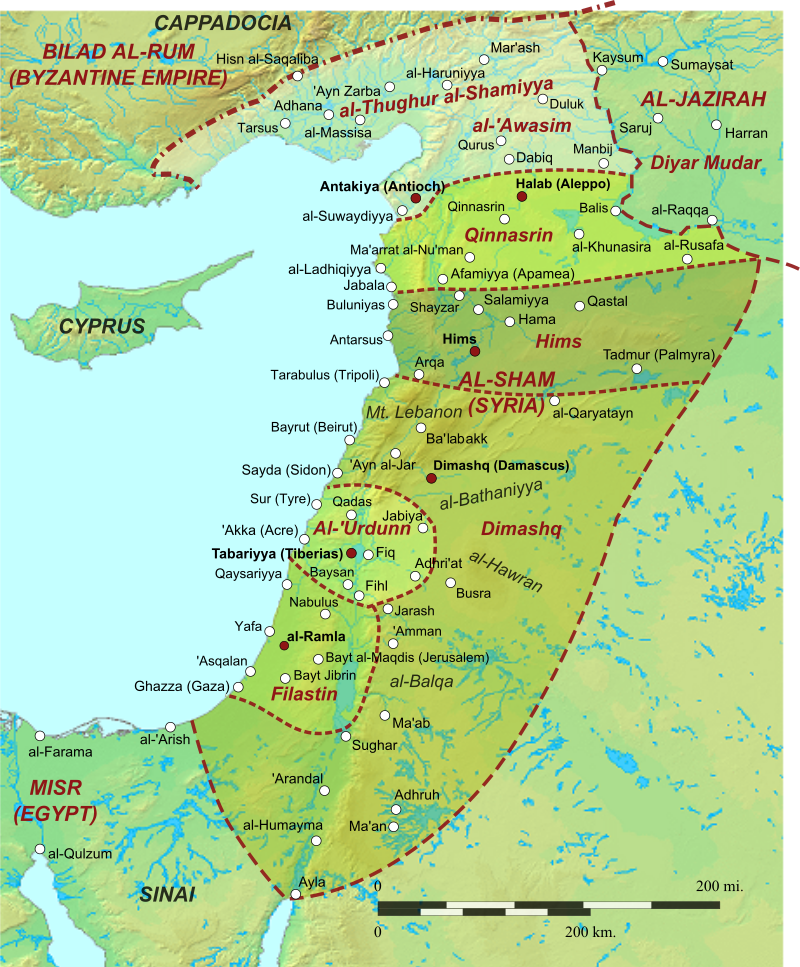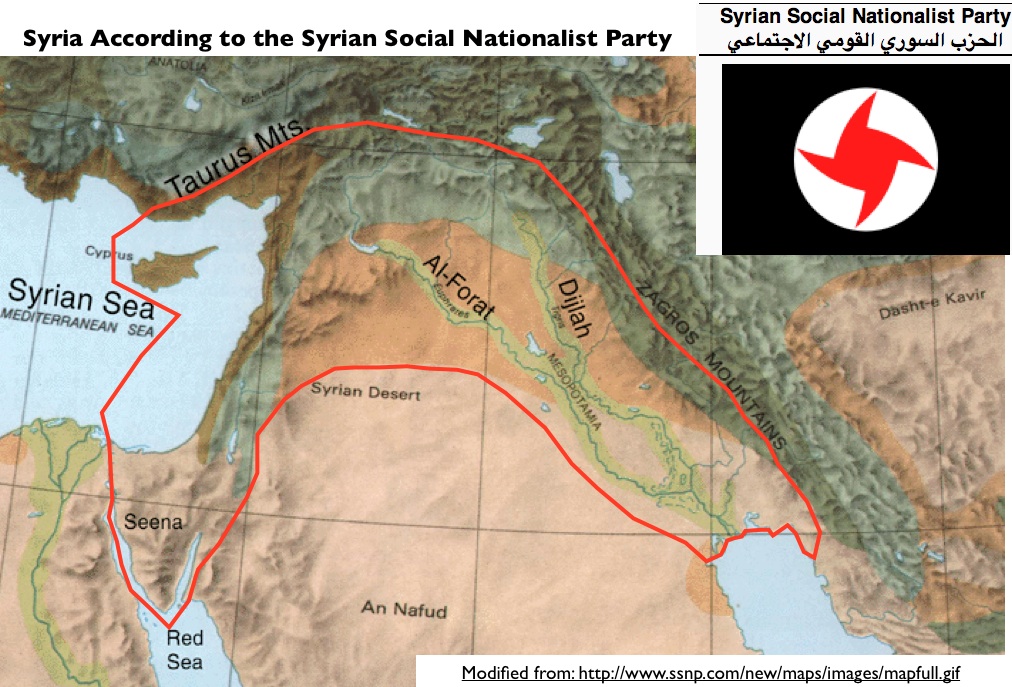The Age of Collapse: Chapter 5
Muslim World - The Age of Collapse
Al-Andalus in the Early Age of Collapse II: The Reign of Fennas I al-Muahad
Northern Campaigns in 754
After settling in Andalus, al-Muahad began a ruthless hunt for the ibrahimites, killing the most prominent leaders and imprisoning several others collaborators and supporters, with the focus of their purges being on the Guadalquivir Valley, thousands of ibrahimites (and innocents in some cases) were killed during the process.Al-Andalus in the Early Age of Collapse II: The Reign of Fennas I al-Muahad
Northern Campaigns in 754
Seeing himself for now without danger to his authority, al-Muahad primarily returned to work with his army, taking over an army of about 40.000 troops (which would be increased to 50.000 after the Banu Qāsi relinquished troops [1]) who would soon sample Fennas's power across the peninsula demanding tributes and gifts from the local lords. In the end, Fennas began a campaign against the basque tribes in the north, ending it after taking control of the Aragonese Pyrenees and converting one of the tribes to rule the area on their behalf.
With a clear path, al-Muahad crossed the Pyrenees with his army and entered Gascony. His first opposition was the basque tribes around the Pyrenees, who were quickly defeated, but his advances would be seriously checked by Hawanalid ibn Awdu al-Saalihin [2], who ruled the region in the interests of the Ibrahimites [3]. After some skirmishes in the Adour River area, the two would clash in the Battle of Munmarasan [4], with Fennas succeeding after effectively using his numerical advantage.
After Munmarasan, Fennas proceeded deeper into gasconian territory, confronting Hawanalid again in Bazas, where he again found victory, forcing Hawanalid to retreat to his well-fortified capital in Burdjel [5], and was subsequently surrounded by Fennas.
But Hawanalid knew that his situation would not get any better with the ibrahimites being pushed back in the north, so he did the only thing he could do, offer surrender in exchange for keeping his land as a fiefdom. Soon al-Muahad accepted the proposal, unwilling to spend time idly, and after an oath of loyalty from Hawanalid, al-Muahad would leave some garrisons in Gascony and return to Andalus, the ibrahimites would soon fall in Faransa.
Consolidation and the War against Wasatbahr (755-762)
After securing his position in Gascony, Fennas turned to Andalus once more. Overthrowing small rebellions of disloyal lords, killing them and replacing them with supporters of his government. By 757, his rule over Al-Andalus was absolute, as well as an unstable rule over the basque tribes of the Aragonese Pyrenees, while receiving tribute from the Duqis of Jasikuna [6], who served as al-Muahad's eyes and ears in the complex politics of Faransa.He then resumed work on Uqba's projects, leading to the completion of the Qurṭuba-Karkasun road in 763 and its extention to Afyniun [7], of the Great Mosque of Qurṭuba and various irrigation works in the al-Wādī al-Kabīr Valley [8], beginning a tradition of the rulers of Al-Andalus supporting the agricultural infrastructure, contributing to the consequent agricultural revolution.
Feeling safe, al-Muahad sent a delegate to assert a deal with Azure ibn Ṭāriq in Faransa, who successfully secured the deal, with Azure recognizing Fennas's sovereignty over Jasikuna and Ghālia [9] in exchange for a Farano-Andalusian alliance to expel the wasatbahrians from the coast, and an ndalusian army to be sent to assist Azure with the invasions from the tribes of Akba-Faransa. [10]
With the alliance formed, Azure and Fennas mobilized their forces and laid siege to the wasatbahrian posts in Arbūnah, Masaliaan and Qubalat Al-Juzur. With the combined fleet initially defeating the wasatbahrians at sea, the situation seemed to be going well until it was decisively defeated by the brilliant admiral Ġwann al-Muntasir, the defeat resulting in the Banu Murwant [11] of Provence refusing to provide another fleet for Azure and in Fennas' subsequent unwillingness to deal with the wasatbahrians alone, hostilities soon returned to the regular pirate raids on the coast.
Following the failed campaign against the wasatbahrians, Fennas sent an army of about 16.000 troops to help Faransa stabilize the rhine border, fulfilling the terms previously defined. Subsequently, he would spend some time solving affairs in Qurṭuba, until in 764 the Banu Qāsi sought help from the Emir after being decisively defeated by basques invading their lands, so Fennas assembles an army of about 20.000 troops and marches north, establishing camp on the site of what would later be its new capital, Madinat al-Gharb, or as it would be popularly known, Gharbīyyah [12].
The Conquest of the North (764-767)
Arriving on Banu Qāsi's lands, Al-Muahad was gloriously received by Musa ibn Furtun [13] in Tawdila, and receiving an additional 4.000 troops for his campaign.His first action was to call for help from the subdued basque tribes and Hawanalid of Jasikuna. While rapidly defeating the Basques who had invaded the Banu Qāsi, within a month's time, the campaign had kicked the basques from Musa's former lands. With Fennas offering mercy (and the right to settle on land) to basque migrants in exchange for their conversion to Islam and abandonment of their tribal allegiance.
After (re)establishing control in the region, Fennas set out to put an end to the problem once and for all, with 16.000 asque troops from the subjugated tribes and Jasikuna joining Fennas, he went on the offensive, subjugating the invading basque tribes with one month, and within a four-month period, converting most tribes by the sword and founding military posts to maintain control of the region, the area would be extensively rebellious for a long time, but establishing an administrative system for the tribal chiefs themselves to settle would facilitate the suppression of revolts (which would be largely from the population).
With the conquest of the basques completed, Fennas dismissed the Banu Qāsi, Jasikuna and Basque troops with significant financial compensation for his vassals. And spent time overseeing the region, in his meantime overseeing, he would make the decision to establish a capital in the area, elevating his military post to a city (and subsequently starting construction).
In 766, Fennas raised an army of 23.000 soldiers to end another risk to his power, the Kingdom of Asturias. The invasion would be a fatal blow to the Asturians, who would be quickly defeated and forced to seek refuge in the mountains as half a century ago. Fennas used the same system as with the basques, establishing military posts to prevent the success of revolts and to serve as a base to purge the mountains of rebels.
The (somewhat) consolidation of andalusian rule in Asturias would last until 767. By then only a few rebels would be hiding in the mountains, at one time or another raiding the military posts. Fennas would return to Qurṭuba, gathering his things and subsequently moving the bureaucracy and everything important north, where Madinat al-Gharb was being built.
Peaceful Last Years and the Founding of Gharbīyyah (767-774)
The years between the end of Fennas' Asturian campaign and his death were mostly peaceful, with the main event being the construction of Gharbīyyah. During this time, al-Muahad patronized several poets and scholars to make their presence in the new capital, founding a library and an art gallery in the city [14], which would foster the rise of Al-Andalus literary-artistic culture.Infrastructure works were established in the Dawrih River Valley [15], with old roman aqueducts being renovated and the establishment of similar irrigation systems to that of al-Wādi al-Kibir, encouraging the re-establishment of intensive agriculture in the region, and subsequently significantly increasing al-Muahad's revenue.
Meanwhile, Fennas prepared his eldest son, Idris, to succeed him as Emir, while appointing his other two sons, Yasin and Fayad to work i the administration of al-Mawsat and Galīsiya, respectively [16]. None of his youngest sons was particularly ambitious, though Fayad showed good military skills.
The rapidly thriving region around Gharbīyyah leaded to a migration of people from the south to the Dawrih Valley, leading in the coming decades to exponential growth in cities such as Balālwalid, Balansiyyah al-Markaza, Semurāh, Salamanka, Sūriah [17] and, of course, Gharbīyyah.
After becoming ill in the winter of 773, Fennas ibn Zari al-Muahad would die in April 774, not ending but beginning an era and a nation, with his Emirate being passed safely to his son, Idris ibn Fennas al-Rumiin [18], which would be as (or even more) consequential than his father.
[1]: The Banu Qāsi acknowledged the overlordship of Fennas for the security of their own lands, so...they're just making their part of the deal
[2]: OTL Hunald I of Aquitaine, after Tours, Gascony was integrated into the muslim domain by the conversion of Hunald to Islam while Odo remained in Aquitaine (eventually succeeded by his other son Hatton) and would eventually be the main christian power in the politics of Faransa (securing his position by helping in Uqba's invasion)
[3]: Hawanalid basically recognized the overlordship of the ibrahimites to be capable of fight against his brother Hatton in better terms
[4]: Mont-de-Marsan, France
[5]: Bordeaux, France
[6]: Dukes (arabization) of Gascony
[7]: Avignon, France
[8]: Guadalquivir River
[9]: Septimania, the name is because the visigoths called Septimania simply "Gallia"
[10]: The Thuringii are pushing west, and with "west" i say "Crossing the Rhine"
[11]: Sons of Mauronte, Duke of Provence, they converted along with Grifo and are lords of the lands designated as OTL County of Provence
[12]: "The City of the West", with the nickname being just a "citynamization". The location is Aranda de Duero, Spain
[13]: Furtun ibn Qāsi died and Musa is his son, just making it clear
[14]: What would Al-Andalus be without its charming cultural eccentricity?
[15]: Douro River
[16]: Andalusia proper and Galicia, respectively
[17]: Valladolid, Palancia, Zamora, Salamanca and Soria
[18]: "The Roman", heh, stay tuned.
[2]: OTL Hunald I of Aquitaine, after Tours, Gascony was integrated into the muslim domain by the conversion of Hunald to Islam while Odo remained in Aquitaine (eventually succeeded by his other son Hatton) and would eventually be the main christian power in the politics of Faransa (securing his position by helping in Uqba's invasion)
[3]: Hawanalid basically recognized the overlordship of the ibrahimites to be capable of fight against his brother Hatton in better terms
[4]: Mont-de-Marsan, France
[5]: Bordeaux, France
[6]: Dukes (arabization) of Gascony
[7]: Avignon, France
[8]: Guadalquivir River
[9]: Septimania, the name is because the visigoths called Septimania simply "Gallia"
[10]: The Thuringii are pushing west, and with "west" i say "Crossing the Rhine"
[11]: Sons of Mauronte, Duke of Provence, they converted along with Grifo and are lords of the lands designated as OTL County of Provence
[12]: "The City of the West", with the nickname being just a "citynamization". The location is Aranda de Duero, Spain
[13]: Furtun ibn Qāsi died and Musa is his son, just making it clear
[14]: What would Al-Andalus be without its charming cultural eccentricity?
[15]: Douro River
[16]: Andalusia proper and Galicia, respectively
[17]: Valladolid, Palancia, Zamora, Salamanca and Soria
[18]: "The Roman", heh, stay tuned.
Last edited:




